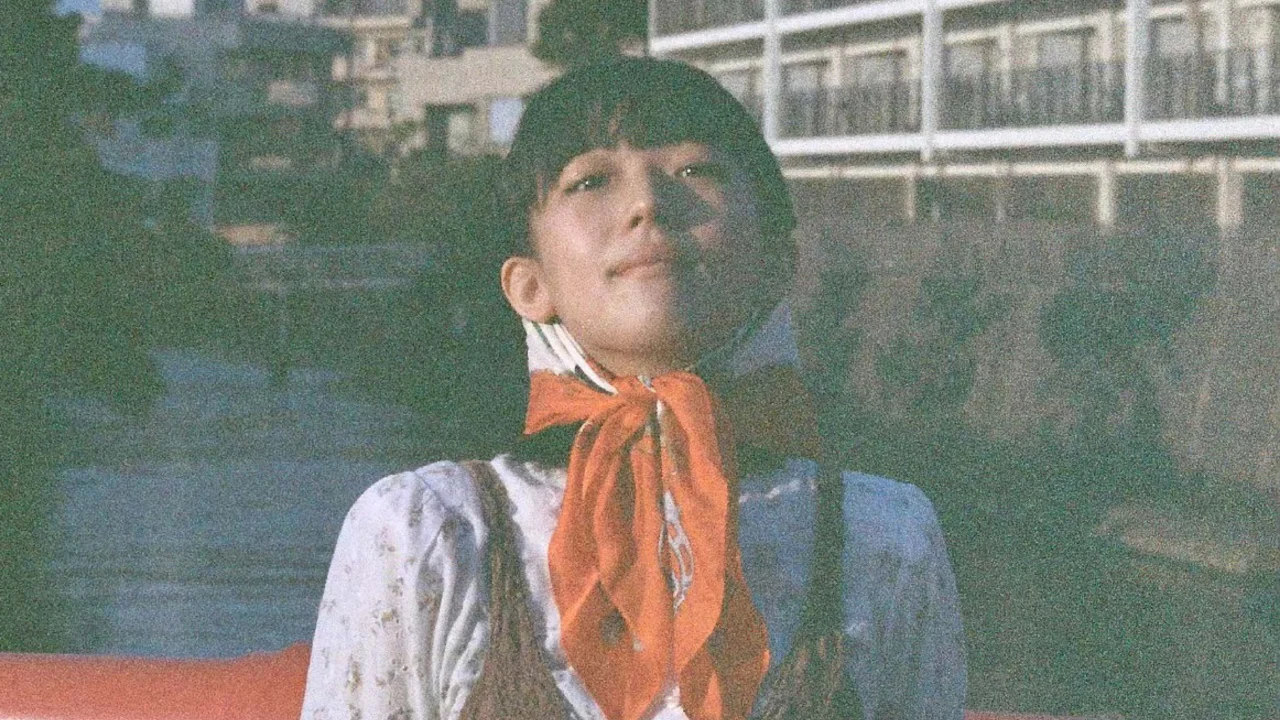INDEX
Plenty of Opportunities to Raise My Voice as Part of the Crowd
Is singing and dancing deeply woven into everyday life there?
KOM_I: It feels like I’m always singing and dancing. There’s just an endless flow of festivals. The biggest is the Carnival in March. While Rio’s Carnival is world-renowned, Bahia’s is different—it’s all about live performances. Bands play from moving trucks, and adults, dressed in high-energy, revealing outfits, follow along, singing, dancing, and drinking. There are community-run music festivals every two to three weeks, and major celebrations like the Candomblé festival. During the Yemanjá festival, the sea goddess, the beach becomes packed with people parading together in a sea of energy.
KOM_I: There are always small music events and parades happening, and since people practice on the streets, it feels like there’s always music in the air. The sound of drums is frequent, and I have vivid memories of seeing rituals during Candomblé, where the spirit enters through the Atabaque drum and song, and the dancers move as the spirit plays with them.
In this environment, how does singing exist within you personally?
KOM_I: When doing Capoeira, we form a circle and create the atmosphere with our voices and live instruments. I’m still a beginner, but I sing along with everyone. My style is more about feeling the rhythm rather than focusing on pitch, and it’s a natural, grounded way of singing. I feel that in Brazil, there are more opportunities to join in and express your voice compared to Japan.
Apart from Capoeira, when else do you find yourself singing?
KOM_I: I went to a live performance by Caetano Veloso and Maria Bethânia, and everyone was singing along. When there’s music, I can’t help but sing along too—it’s like I’m compelled to. People aren’t too concerned about the pitch; some sing better than others, but it all adds to the richness and creates a beautiful choir. No one is mimicking anyone else; everyone is singing in their own way, so the song doesn’t really come together in a conventional sense. But that’s what makes it come together, and it’s a warm, immersive feeling that still stays with me. I know some people in Brazil might not like that approach, but I loved the passionate singing during that live show. It’s not about one person standing out; there’s a sense of unity in the voices without it feeling cramped.
Given Brazil’s history of slavery and immigration, it’s easy to draw a parallel between the country’s formation and the way each individual song exists independently, yet together, creating such depth.
KOM_I: I truly feel that way. At the concert by Caetano Veloso and Maria Bethânia, there were people from all different backgrounds, with varying skin tones and hair, different genders, and diverse roots, yet they were all singing the same song as “Brazilians.” That was incredible to witness. Now, even within Candomblé, there are many followers with Western roots who play important roles in the practice. Similarly, in Capoeira, there are so many different people, including Asians like us, who are part of the community. It’s moving to see people from all backgrounds engaging in a culture that was created by those who were once enslaved and developed as a form of resistance.
In a time when so many terrible things are happening, we can’t undo the deaths caused by massacres or war, but the fact that people have cultivated beautiful culture out of a painful history and resisted through it gives me a lot of hope.


























